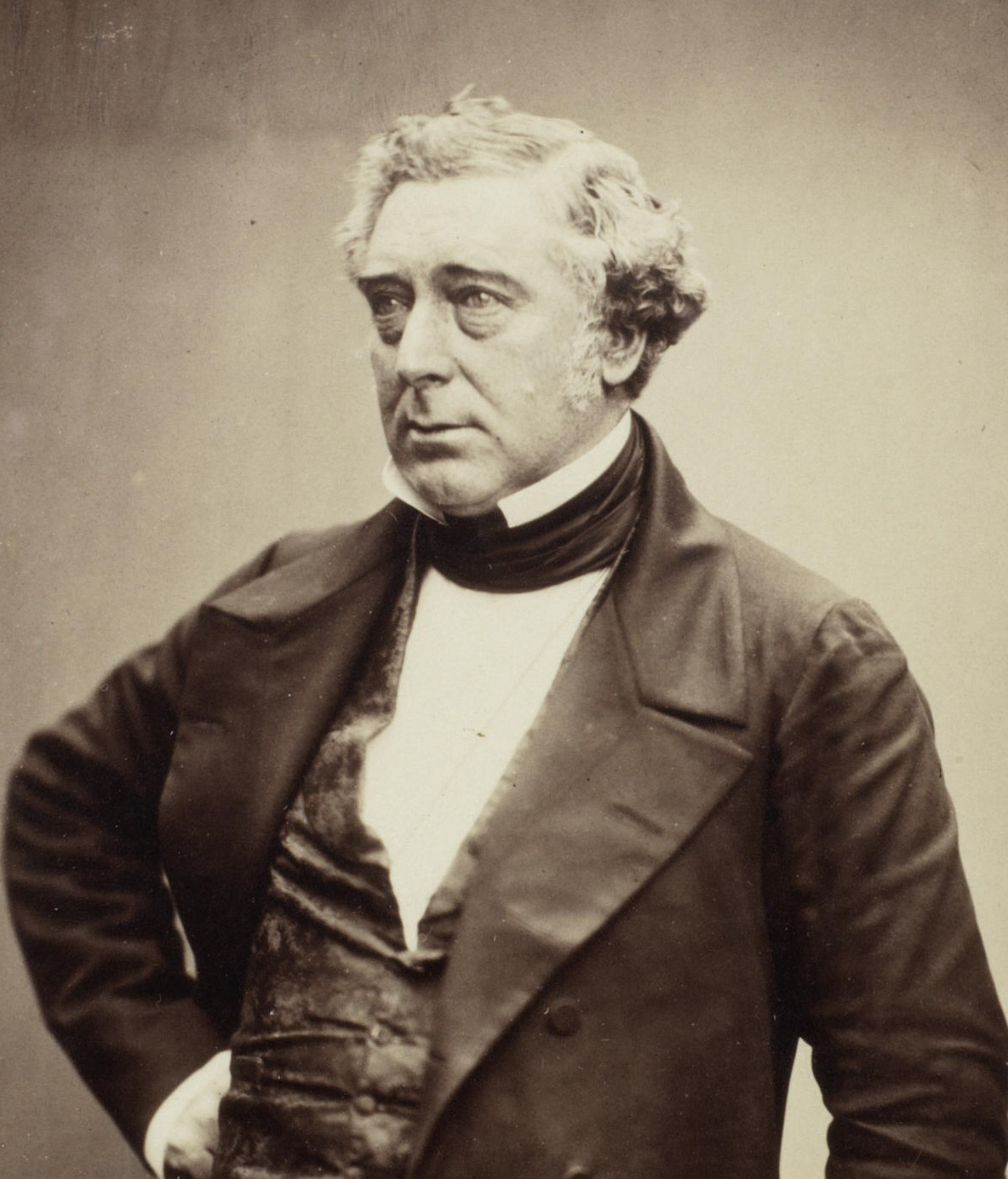George Stephenson, often regarded as the “Father of Railways,” was born on June 9, 1781, in Wylam, Northumberland, England. His pioneering work in steam locomotion revolutionized transportation and laid the groundwork for the development of the modern railway system.
Stephenson’s most famous invention was the “Rocket,” a steam locomotive that won the Rainhill Trials in 1829, proving the viability of steam locomotion for rail transport. This success led to the widespread adoption of steam locomotives for both passenger and freight transportation, dramatically transforming travel and commerce.
Stephenson’s engineering expertise and innovations played a crucial role in the expansion of railways worldwide, facilitating industrialization, urbanization, and economic growth in the 19th century. His contributions to transportation technology have had a lasting impact, shaping the modern world in profound ways.

